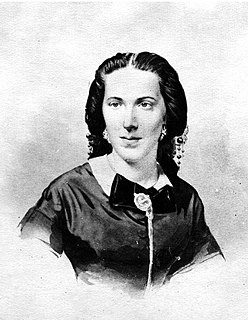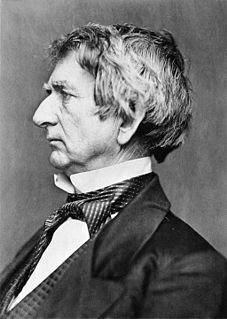A Quote by Belle Boyd
The secession of the Southern States, individually or in the aggregate, was the certain consequence of Mr. Lincoln's election.
Related Quotes
In 1856...I preferred the success of a candidate whose election would prevent or postpone secession, to seeing the country plunged into a war the end of which no man could foretell. With a Democrat elected by the unanimous vote of the Slave States, there could be no pretext for secession for four years.... I therefore voted for James Buchanan as President.
Thus these three amendments to the Constitution [13th, 14th, 15th] were ratified while the ten Southern states were under martial law, and "had no law at all." The Force Acts, the four Reconstruction Acts, and the Civil Rights Act were all passed by Congress while the Southern states were not allowed to hold free elections, and all voters were under close supervision by federal troops. Even Soviet Russia has never staged such mockeries of the election procedures.
Until the early 90s, when I was working on a project about the idea of free will in American philosophy. I knew that Lincoln had had something to say about "necessity" and "fatalism," and so I began writing him into the book. In fact, Lincoln took over. I wrote instead 'Abraham Lincoln: Redeemer President,' in 1999, and I've splitting rails with Mr. Lincoln ever since. If there's a twelve-step process for this somewhere, I haven't found it yet.
If you could extend the elective franchise to all persons of color who can read the Constitution of the United States in English and write their names and to all persons of color who own real estate valued at not less than two hundred and fifty dollars and pay taxes thereon, and would completely disarm the adversary. This you can do with perfect safety. And as a consequence, the radicals, who are wild upon negro franchise, will be completely foiled in their attempts to keep the Southern States from renewing their relations to the Union.
Even with a margin of safety in the investor's favor, an individual security may work out badly. For the margin guarantees only that he has a better chance for profit than for loss - not that loss is impossible. But as the number of such commitments is increased the more certain does it become that the aggregate of the profits will exceed the aggregate of the losses.


































